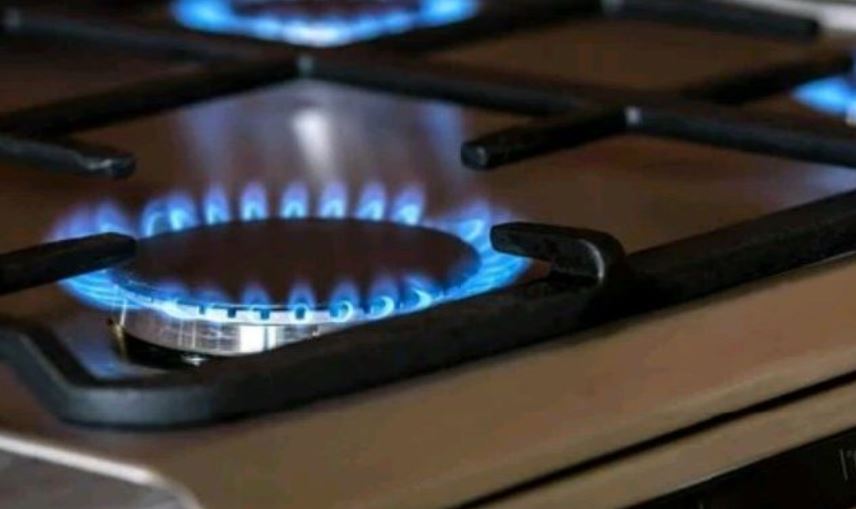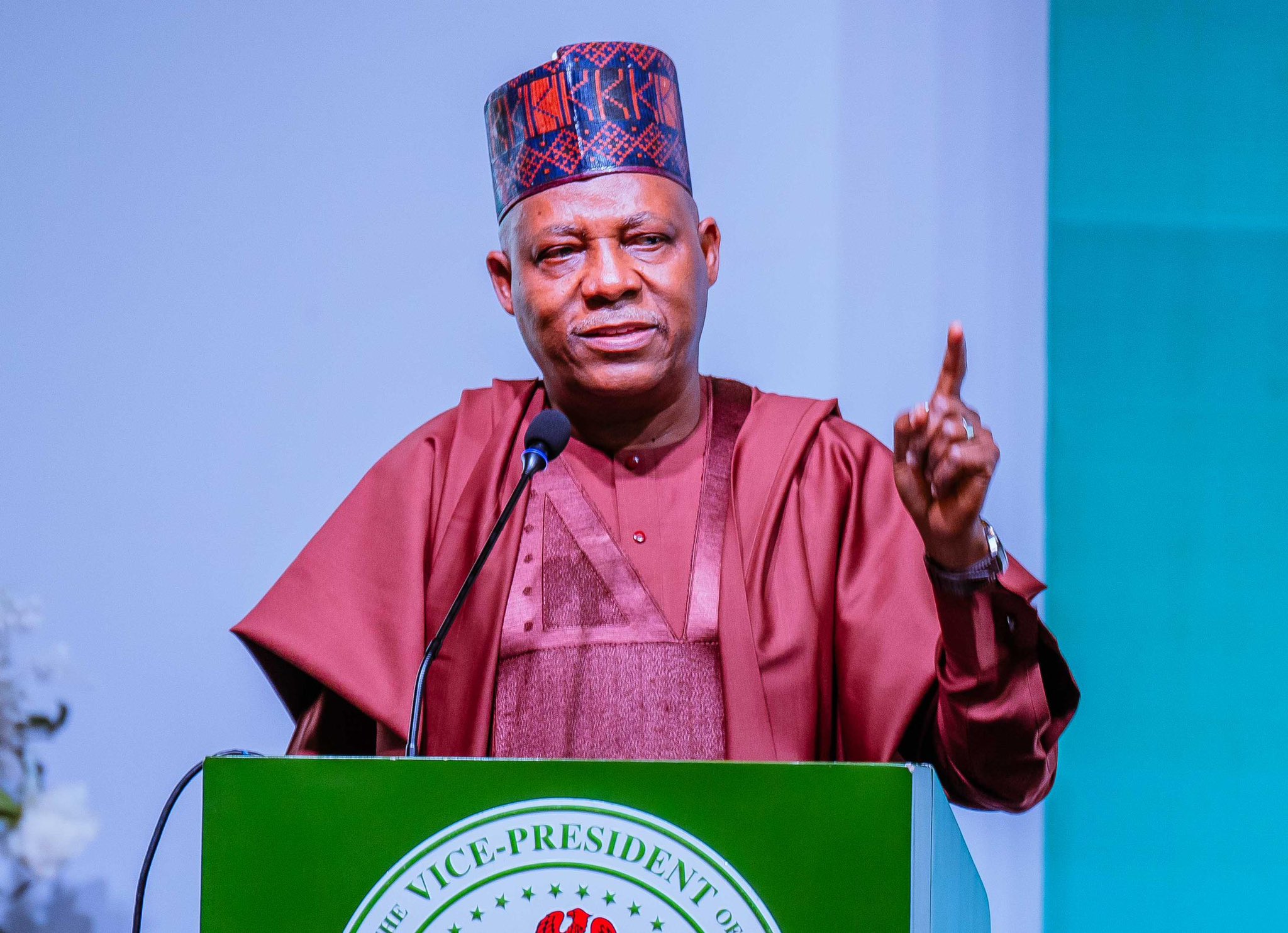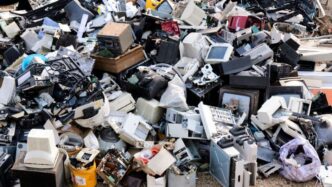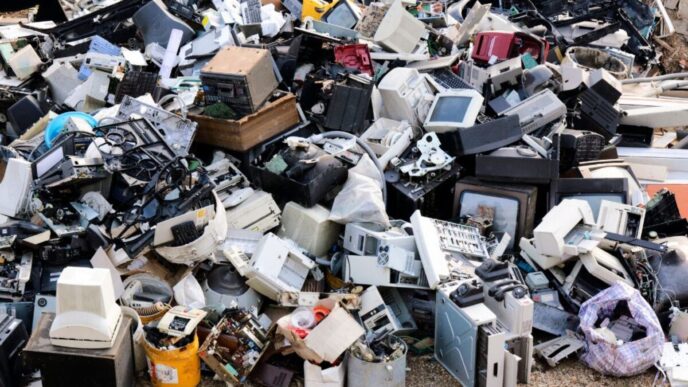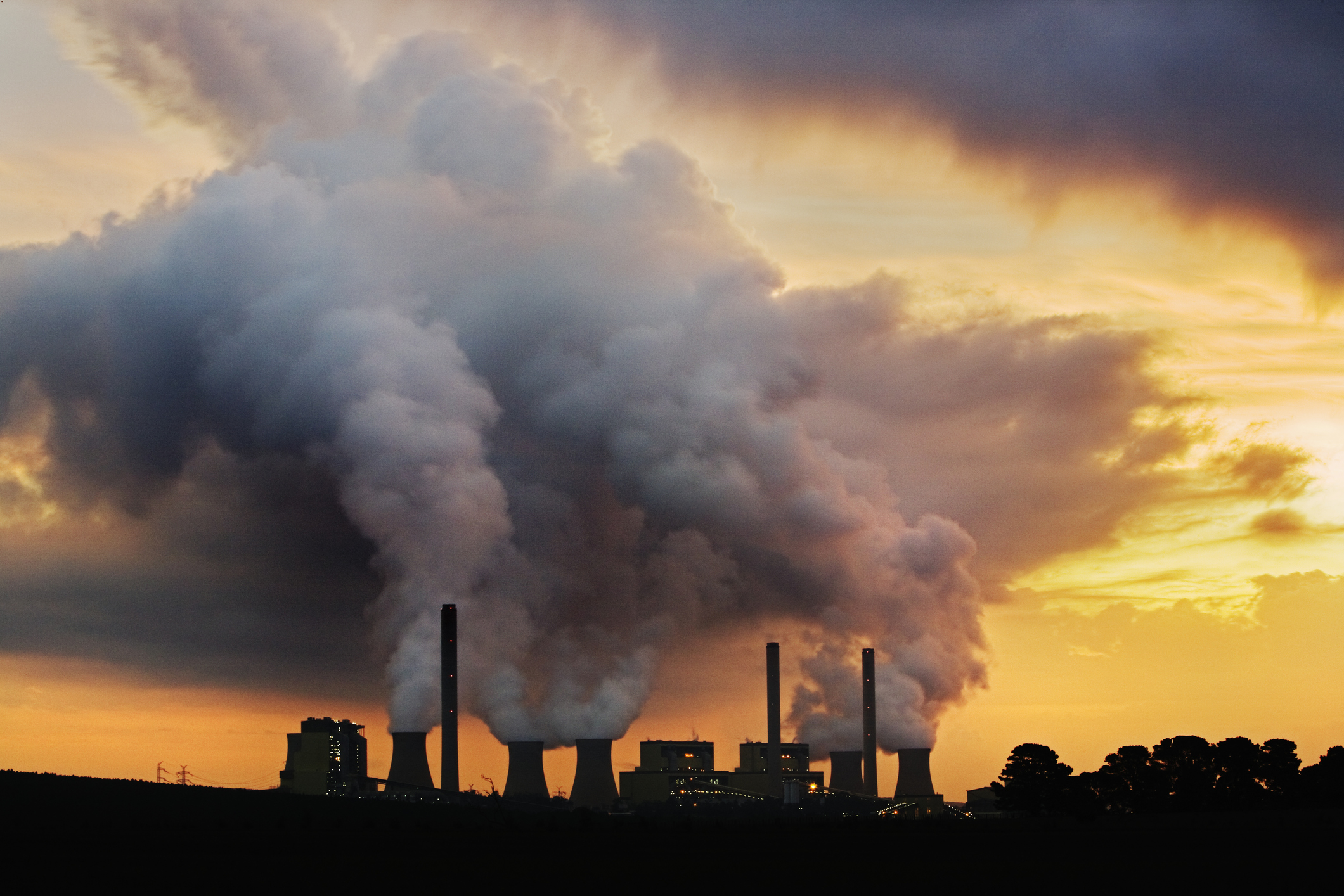A new report by Sustainable Energy for All (SEforALL) says over 2.1 billion people in low- and middle-income countries (LMICs) have no access to any form of clean cooking.
The report titled: ‘Integrating clean cooking into national energy access planning’, said 685 million people in LMICs lack access to electricity.
The report added that access to clean energy is essential for improving lives and livelihoods, boosting gender equity and reducing greenhouse gas emissions that contribute to climate change and its impacts.
It, however, noted that the world is in a race against time to achieve the seventh sustainable development goal (SDG7) which aims to provide affordable, reliable, sustainable and modern energy for all by 2030.
Advertisement
According to the report, recent projections show that at the current rate of progress, 1.8 billion people will have no access to clean cooking in 2030, while over 600 million will lack access to electricity.
To address these gaps over the next decade, meet increasing energy demands and align with the climate goals outlined in the Paris Agreement, the report said there is a need for increased annual investment in clean energy.
It added that annual clean energy investments in emerging and developing economies will need to more than triple from $770 billion in 2022 to as much as $2.8 trillion by the early 2030s.
Advertisement
The report said electric cooking (eCooking) is one of the cleanest low-carbon cooking solutions available, adding that it offers a more affordable option for households to transition from harmful and polluting cooking methods.
“Despite progress made on electrification, there has been relatively little action taken to leverage that progress to tackle the lack of access to clean cooking,” the report reads.
“Given that less than 10 percent of the global population do not have access to electricity and over 30 percent do not have access to any form of clean cooking, there is a vast opportunity to explore electric cooking (eCooking) as one viable solution.
“Over the last 10 years, eCooking, which encompasses electric pressure cookers, electric hot plates, infrared or induction hobs, and other appliances (e.g., rice cookers, air fryers, electric ovens), has received increasing recognition as a feasible clean cooking alternative for electrified households in low- and middle-income countries (LMICs).
Advertisement
“The opportunity to benefit from the improved cost competitiveness of eCooking is particularly relevant for urban areas in Sub-Saharan Africa and South-/Southeast Asia that have higher electrification rates than rural areas and where cooking with charcoal or other forms of biomass is still prevalent and increasingly expensive.
“Cost competitiveness against the most common cooking fuels is one important aspect, with availability, cleanliness, convenience and time saving eCooking co-benefits to consider.
“In addition, access to electricity services offers more than just eCooking opportunities. It can also be leveraged as an anchor for the extension, or provision, of other non-electric, clean and modern cooking services, such as LPG, ethanol, biogas or liquid natural gas (LNG).”
Advertisement
